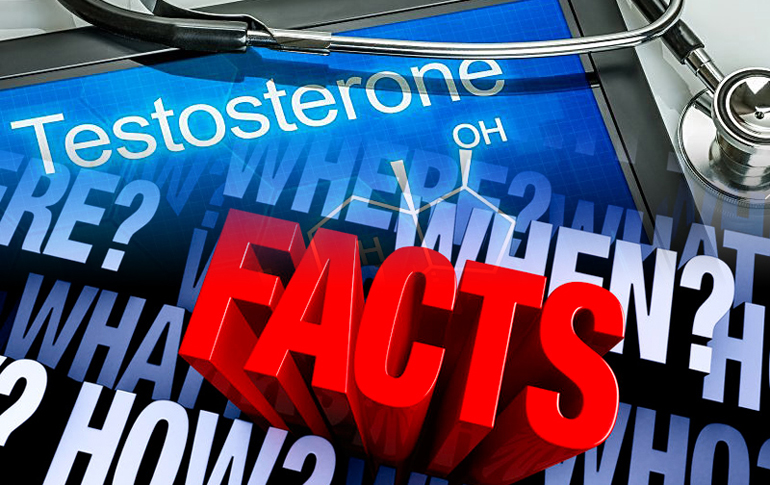Watch Your Belly – not just to look good!

Over the past two decades it has been established beyond any doubt that the amount of fat around the waist (aka abdominal fat and visceral fat) is at least as important, if not more important, than the total amount of body fat in predicting and /or causing complications that have been traditionally associated with overweight/obesity.[1]
Abdominal obesity is a strong risk factor for cardiovascular disease independent of BMI (a proxy for obesity) [2, 3] and is thought to affect disease risk through increased insulin resistance.[4, 5] Actually, the common development of insulin resistance with aging is caused by growing bellies, rather than aging per se.[6] Notably, normal-weight abdominal obesity is associated with higher mortality than generalized obesity (as defined by BMI).[7]
An enlarged belly is an especially strong indicator of metabolic risk in men.[8, 9] People with large a waist circumference – i.e. those having a belly - have an increased risk of cardiovascular disease, diabetes and cancer, compared to those with smaller waist circumferences, regardless of BMI. [10-14] Your waist also impacts your longevity, which I covered in a previous article "Watch Your Waist - it may shorten your life!"
And your belly can interfere with your sex life...
Testosterone Deficiency and Treatment - the FACTS

Testosterone deficiency and treatment is a very misunderstood and controversial topic among scientists, regulatory agencies (such as the FDA and EMA) and doctors, as well as the popular media.
On October 1, 2015, an international expert consensus conference about testosterone deficiency and its treatment was held in Prague, sponsored by King’s College London and the International Society for the Study of the Aging Male (ISSAM). The impetus for this meeting was to address the widespread misinformation and confusion about testosterone deficiency and testosterone therapy.[1]
The ultimate goal of this consensus conference was to document what is true or untrue about testosterone deficiency and testosterone therapy, to the best degree possible based on existing scientific and clinical evidence.
There were 18 experts from 11 countries on 4 continents. Specialties included urology, endocrinology, internal medicine, diabetology, and basic science research. Experts were invited on the basis of extensive clinical experience with testosterone deficiency and its treatment and/or research experience.
The final consensus on several key issues related to testosterone therapy was published in the form of 9 resolutions (i.e. firm decisions), coupled with expert comments.[2] These are summarized in table 1.



